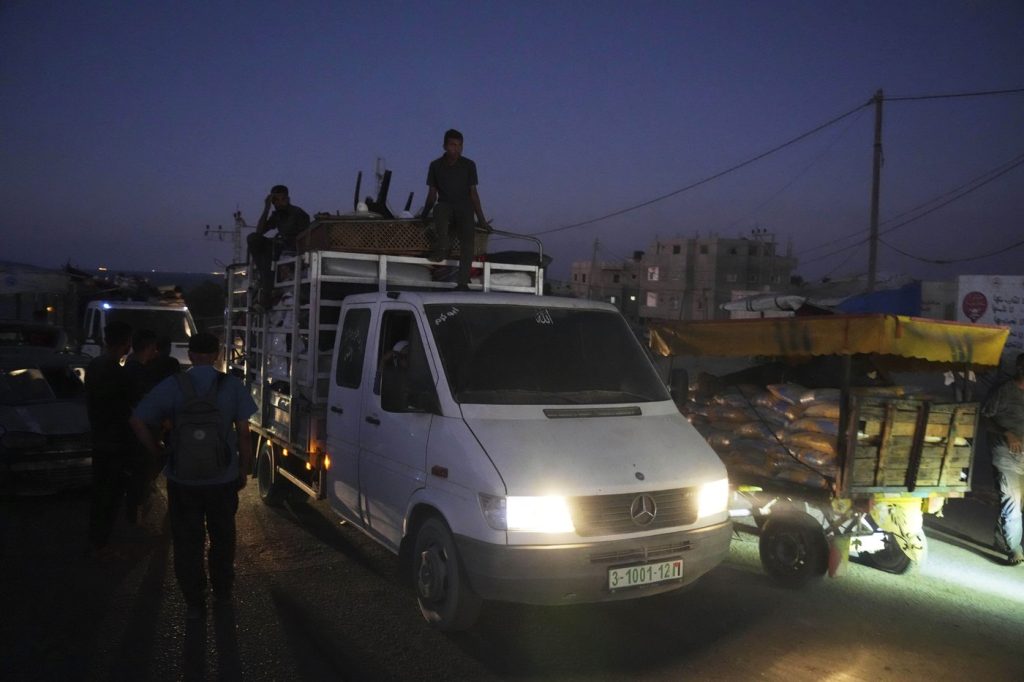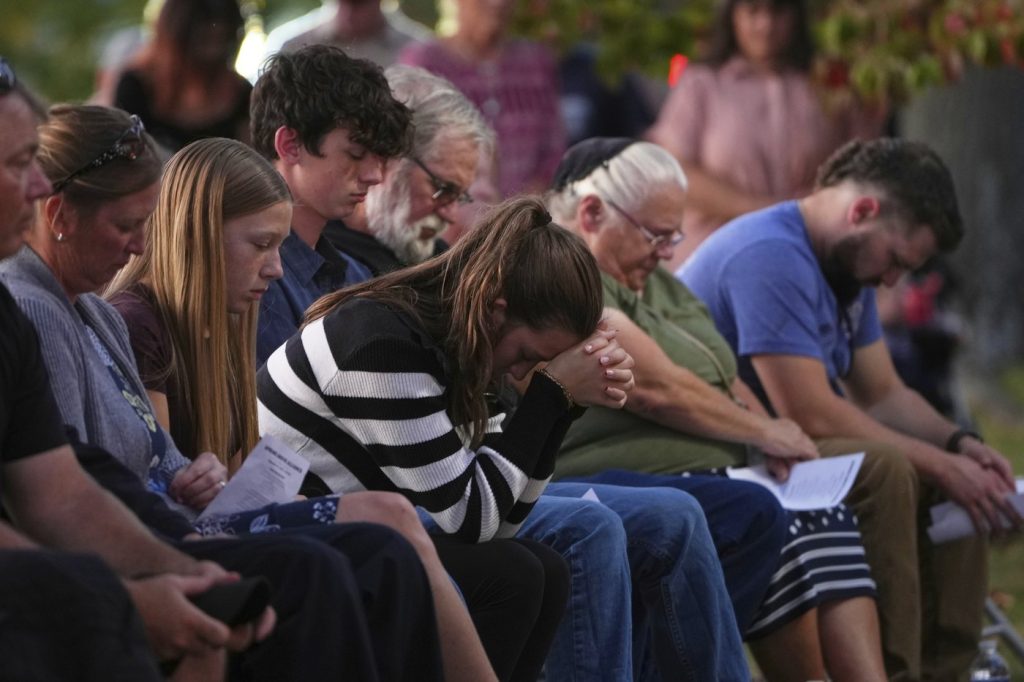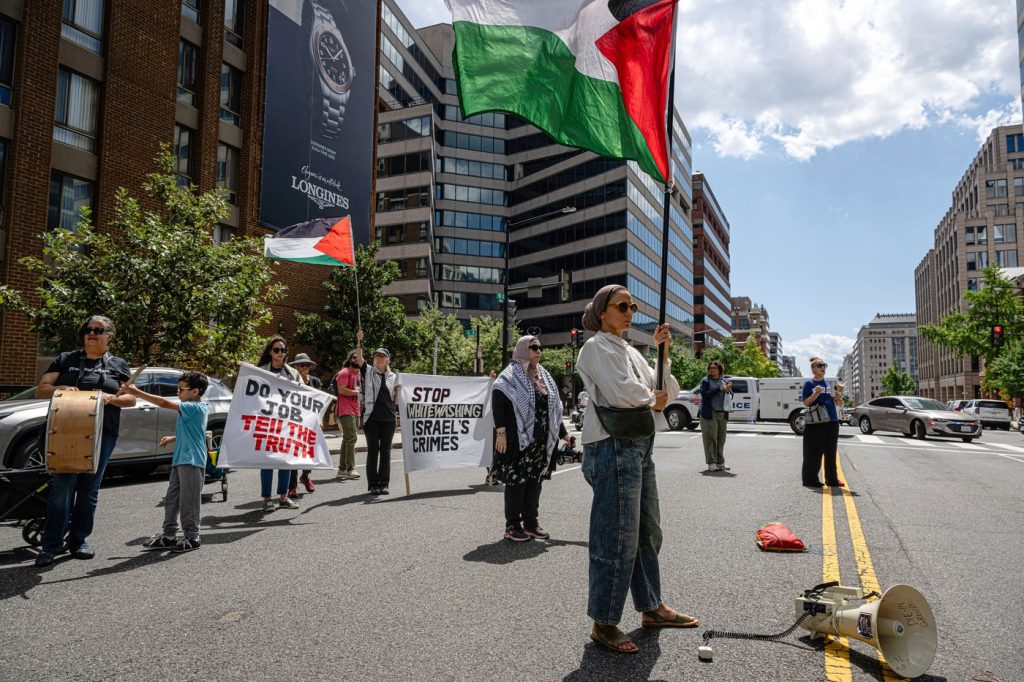Ne'man Abu Jarad and his family are experiencing profound exhaustion, despair, and anger as they face yet another forced displacement in the Gaza Strip. For the 11th time, Ne'man packed their possessions to escape escalating Israeli bombardments in Gaza City, where they were previously living in a tent. "It's a renewal of the torture. We're not being displaced, we're dying," Ne'man lamented. Following their move, they found temporary shelter in southern Gaza, uncertain of where to obtain food and water.
This situation has persisted for nearly two years since the family fled their home in northern Gaza after Israel's military offensive began in response to Hamas' attack on October 7, 2023. The Abu Jarads have moved multiple times, each evacuation driven by the threat of Israeli attacks on their current refuge. Throughout their ordeal, as documented by various sources, they experienced fleeting moments of stability, such as a return to their damaged home during a short-lived ceasefire.
Ne'man and his wife, Majida, struggle to maintain a semblance of normalcy for their six daughters and their 2-year-old granddaughter amid the chaos. Their youngest child, 8-year-old Lana, has become increasingly aware of the grim realities around her, while their eldest daughter, Balsam, is already married. As Ne'man expressed, "What’s coming is dark. We might be expelled from Gaza. We might die... You feel like death is surrounding you." This deepening sense of despair weighs heavily on the family.
In their most recent stay in Gaza City, the family tried to adapt. They became familiar with the neighborhood, made new friends, and even found a school for Lana. However, as the Israeli military prepared for further assaults, they felt compelled to leave yet again, with a bombardment tearing close enough to threaten their lives. A tragic incident across the street resulted in the deaths of a family just moments before they fled.
Lana described her emotions as she left, recalling her friends saying goodbye, tearfully hugging her. "I will not cry at all. I won’t be sad," she proudly stated. However, Majida and Ne'man are concerned about her well-being, given that her formative years have been dominated by violence and displacement. "She is gaining awareness in the middle of war, bombardment, and life in the tents,” said Majida. The instability weighs heavily on the children's mental health, with stress affecting family dynamics.
After their latest move south, the family faced daunting challenges. With their finances depleted, they spent significant money on a new tent and truck rental. The new camp location, characterized by barren land, lacks basic amenities such as markets and schools. They now have to walk several kilometers for water and are surrounded by unfamiliar faces. Majida tries to instill hope by focusing on establishing routines and making their living conditions more bearable.
The situation grew dire four days later, as Ne'man sent a voice message expressing their inability to eat, lacking both food and financial resources to procure any. A landowner, accompanied by armed men, demanded rent, further complicating their already precarious living situation. "Soon we’ll die of starvation," Ne'man lamented. He feels that after two years of relentless displacement and hardship, their strength has been depleted, leading to a palpable sense of hopelessness.












